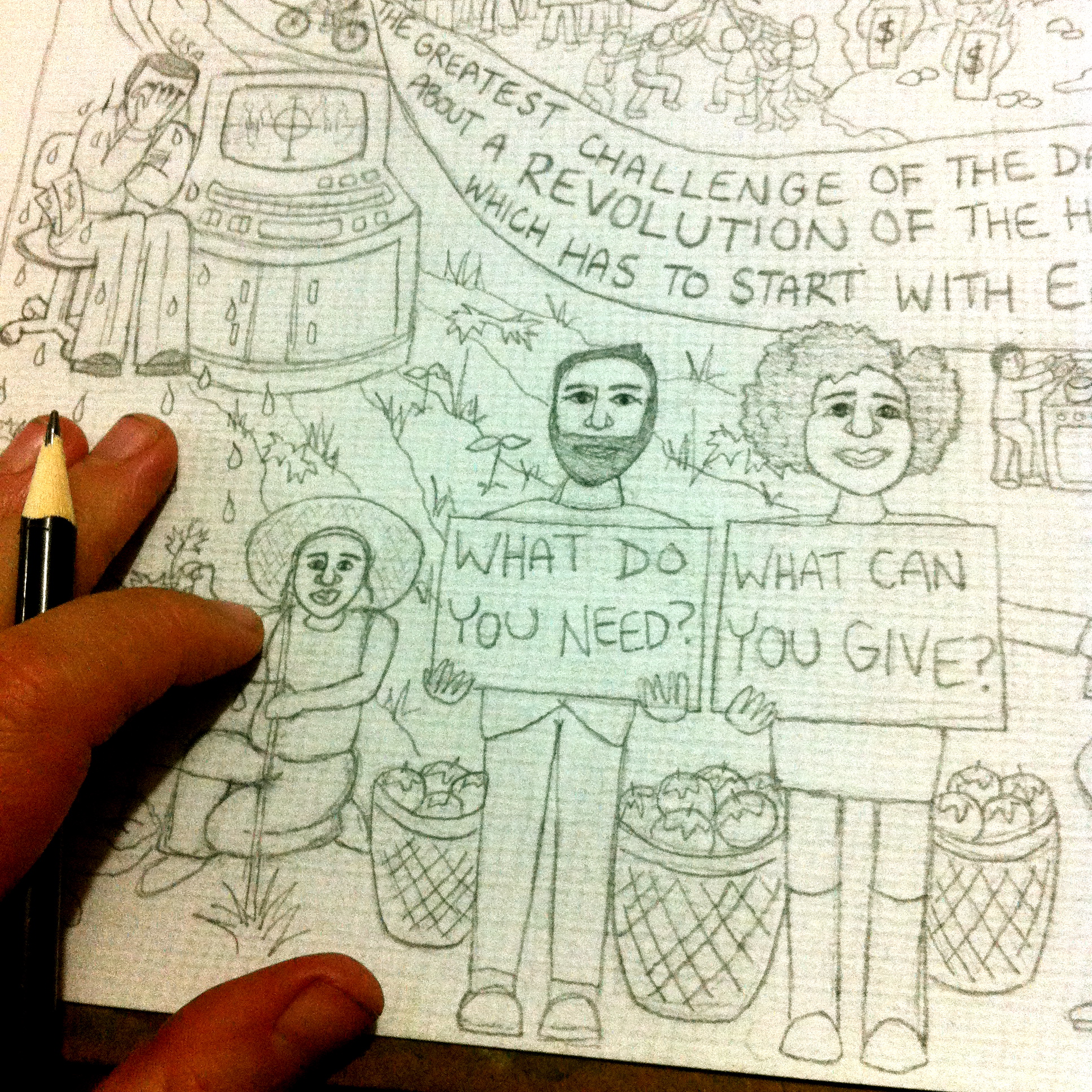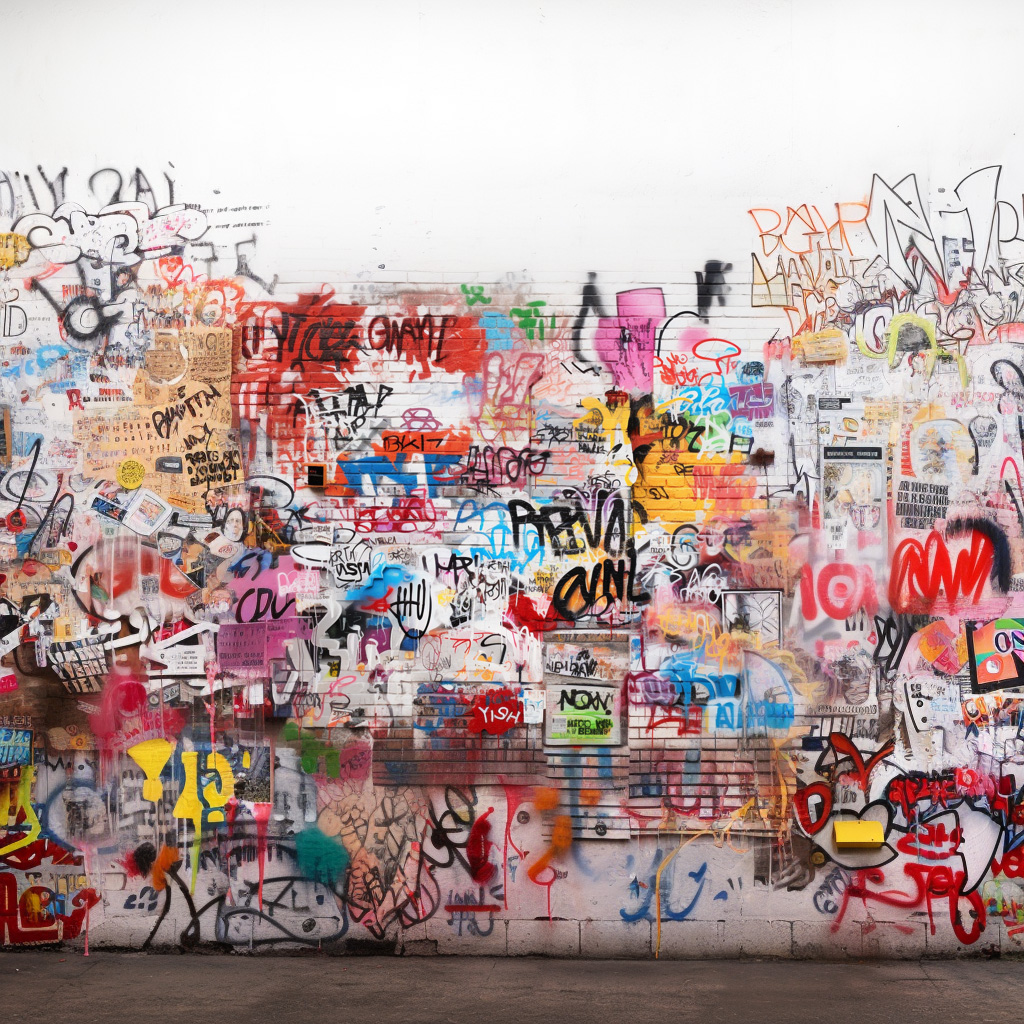Franciscan minority for white people
It is common for white people to not know where to start when it comes to discussing racism.

There are academics literally studying white culture and white fragility; why we white folks have such a difficult time talking about racism and why we have an even more difficult time addressing our role in it.
For white people, it can feel like the stakes are high when it comes to talking about race because our vested interest in being seen as “good people” is holding us back from the growth we need to become accountable to our beliefs and actions.
In white Catholic communities, that vested interest in believing ourselves to be “good people” often runs even deeper.
Many ask: If God loves everyone equally, why should we talk about race? If we care about Jesus and his teachings, then how can we be racist? Talking about racism seems divisive. Shouldn’t we all just try to get along?
Unfortunately, as they say, the road to hell is paved with good intentions. And as white people, we have been holding on to the promise of our good intentions for too long.
Many of us are on the wrong path when it comes to addressing racism in our lives.
For readers who are getting uncomfortable and thinking that I’m on the brink of being divisive, let’s find some common ground. Let’s look at what Francis of Assisi, one of our most beloved Catholic saints, had to say about power and privilege …
1. Be patient with not being good
Francis of Assisi was pretty clear. He said, “We must bear patiently not being good and not being thought good.”
Just let that sink in. As white people, learning to be patient with not being good (or thought good) when dealing with race-related issues can feel like a daunting task. But this is where our spiritual practice can intersect with the process of confronting our white privilege.
As white people, we participate daily in systems that oppress people of color. This means that our good intentions are not enough to erase the harm that we perpetuate. But waking up to this reality is an invitation to patience, growth and greater self-awareness.
As white people, we are also not experts on lived experiences of racism. This means that we are ignorant in many ways about the lived experiences of people of color. Many of us don’t want to admit what we don’t know or understand, but this is an invitation to greater humility and to learn from experiences unlike our own.

2. Change your perspective
Francis of Assisi also called us to view reality from the perspective of those most vulnerable among us. Many of us already hold in prayer those suffering from poverty, hunger and disease, but are we also listening to their calls for justice?
Changing our perspective as white people in order to center those most marginalized in our society implies concrete changes in the media that we take in every day.
What news sources and books are you reading? What music are you listening to? What movies are you watching? What perspectives are you following on social media?
Does the news that you watch include those people most affected by the policies you vote on? Are the movies you watch created by the people they depict?
If you are like me, you might realize that you listen, read and watch media almost exclusively created by white people. Once I realized this, I made changes.
White people are categorically not who we are referring to when we talk about those most marginalized among us. So why are we white people of faith only listening to other white perspectives?
3. Solidarity with people on the margins
Francis of Assisi also told us to align ourselves with those most marginalized in our society. Many Catholics committed to living out Catholic Social Teaching know what positioning ourselves on the margins means.
But are we also analyzing why most people living on the margins are not white? Are we asking ourselves what racism has to do with poverty, hunger and disease? Are we talking about racism in our white Catholic communities?
Solidarity requires social analysis, and social analysis invites us to see ourselves as a part of systemic injustice. Learning about systemic injustice includes addressing racism and white supremacy.

4. Transform our power
Finally, Francis of Assisi also called his followers to “live without power over others.” He originally rejected the call to priesthood for that reason. He called us to resist positions of power over others by instead choosing to be “subject to all.”
As white people born into significant social privilege and power, this call may be one of the hardest to hear and even harder to live out in our lives.
When our entire education and job preparation has led us towards moving up the social ladder, it may take nothing short of a revolution of the heart to rethink our ascent.
Up until now, we may have responded to this call to connect with the needs of people on the margins by donating money to charitable organizations. But how can we live out this call towards justice and do so beyond charity?
How can we prioritize the hiring of people of color in the organizations and businesses for which we work? How can we change our spending habits and choose to invest our money in businesses owned by people of color?
How might we resist taking on a leadership position, to which we have easy access due to our white privilege, in order to support a person of color who is qualified for the job? How might we open up space for the diverse perspectives of people of color to be heard?
Designating ourselves as a voice for the so-called “voiceless” people living on the margins does nothing to challenge white supremacy. But choosing to resist our own needs — those to be heard and revered as white people — might start to change our conversations.
Learning to listen to perspectives that have been historically marginalized can challenge and change us as white people. Learning to respect and honor the leadership of people of color who have been historically marginalized has the power to change our society. As Dorothy Day taught us, this transformation requires a personal revolution in the life of each one of us. What forms will this revolution of the heart take in your life?
Suggested reading:
“White Fragility: Why It’s So Hard to Talk With White People About Race” by Robin DiAngelo
“If You Think You Are Giving Students of Color a Voice, Get Over Yourself” by Jamila Lysicott
ABOUT THE RABBLE ROUSER
 Annemarie Barrett grew up in the Midwest and now lives in Bolivia, South America. Her spiritual journey has been greatly influenced by the Catholic Worker Movement and the Franciscan charism of humble availability and deep solidarity. She has also been influenced and transformed by the unique experience of spending most of her life in Western, capitalist culture and now living for years in Andean culture that is much more communal and rooted in the wisdom of indigenous communities. Today, she lives and farms with her partner and also creates and sells her original art under the name AEB Art.
Annemarie Barrett grew up in the Midwest and now lives in Bolivia, South America. Her spiritual journey has been greatly influenced by the Catholic Worker Movement and the Franciscan charism of humble availability and deep solidarity. She has also been influenced and transformed by the unique experience of spending most of her life in Western, capitalist culture and now living for years in Andean culture that is much more communal and rooted in the wisdom of indigenous communities. Today, she lives and farms with her partner and also creates and sells her original art under the name AEB Art.




Wonderful message that we can all take heed and learn from. Thank you.